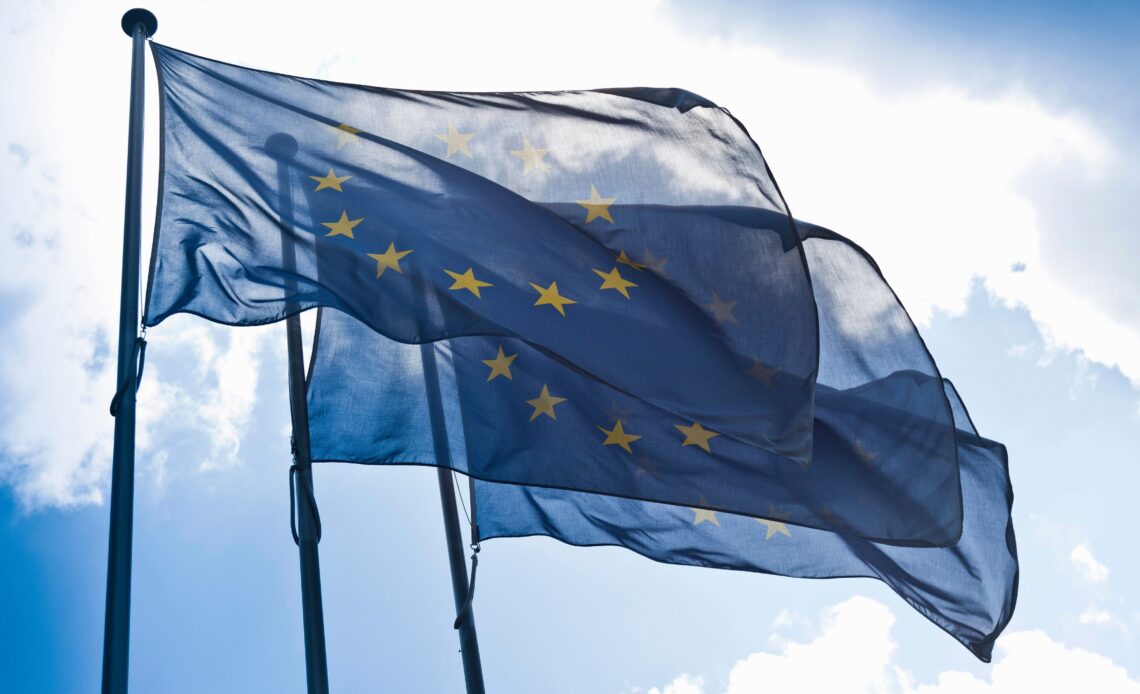November 11 marked a year from the day FTX formally declared bankruptcy, and, of course, nine days from Sam Bankman-Fried being found guilty on all criminal counts against him and sentenced to lifetime imprisonment.
The symbolism of the trial is debatable. It is sometimes talked about as a policymakers’ catharsis, as it could allow those that engaged SBF with trust to conclude that justice has been done and move on. An alternative view is that FTX exposed the crypto market for its vulnerabilities and, now the hype is gone, the market ain’t coming back.
Dea Markova is a managing director and head of digital assets at Forefront Advisers.
These are both overly simplistic. Having an adequately regulated crypto-asset market would allow policymakers to attract more risk-averse and institutional capital to the asset class. Yet, it is true that the downfall of FTX framed regulatory conversations around the world and made them overly adversarial. In London, in Brussels (where I’m based) and at international fora, the industry needs to explain how it would ensure against an FTX-size catastrophe.
The lessons we already knew
In reality, the majority of the crypto industry is aligned on the answers – proper authorization, proper custody, and proper client asset segregation. These are core principles of running an investment business, and there is no real argument over them (leaving to one side the U.S. regulation-by-enforcement reality).
The move many exchanges made towards proof-of-reserves in principle supports client asset segregation, although it has limitations as an accounting technique. More broadly, in 2023, in markets with strong regulators, exchanges are keen to be seen as responsible.
Read more: Dea Markova – The Digital Euro and the P Word
For anyone with a financial services background, this is a natural next step. It is not a paradigm shift. The FTX collapse just made the penny drop faster for service providers that might have had second thoughts.
In November 2022, such requirements were already in train in the E.U. under the bloc-wide Markets in Crypto-assets Regulation (MiCA). By the time the FTX saga unfolded, the ink was dry. Any subsequent MiCA updates are just part of the long administrative process that precedes the publication and application of E.U. rules.
That is why…
Click Here to Read the Full Original Article at Cryptocurrencies Feed…
























